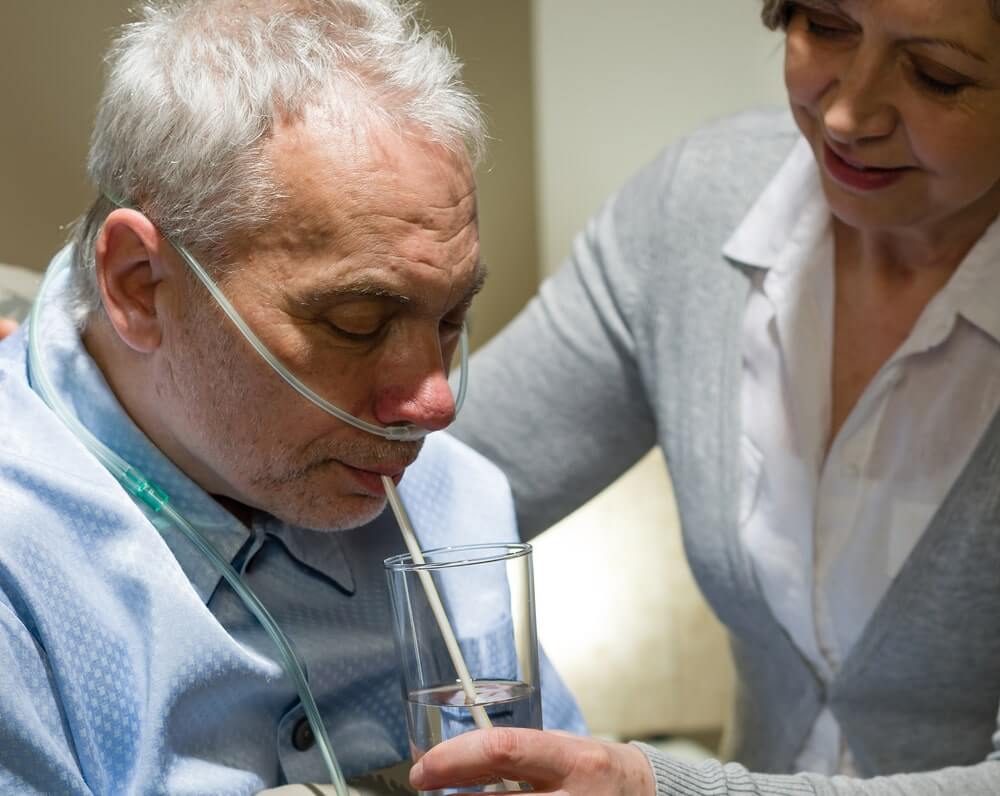Elderly people who enter nursing homes often lose their primary physician because most doctors do not practice in nursing homes. the fee rate is low for physicians, and doctors are not eager to travel to the facilities. The doctors who do care for the patients often know very little about the patients past or current medical condition. The physicians usually have a mutually self-serving relationship with the facility and little or no relationship with the patient.
Many patients face the problem of not receiving needed physical therapy. Nursing facilities provide therapy only when a resident is being reimbursed by Medicare, and deny therapy when a resident is being reimbursed by Medi-Cal. Federal law requires that all residents receive the same level of care.
Another primary problem faced by nursing home residents includes the use of chemical restraints. Federal law gives residents a right to be free from “any physical or chemical restraints imposed for purposes of discipline or convenience and not required to treat the resident’s medical symptoms. 42 USC §§1395i-3(c)(1)(A)(ii), 1396r(c)(1)(A)(ii); 42 CFR §483.12(a)
Attending physician responsible for disclosing material information and obtaining informed consent form the patient for any treatment or procedure other than routine nursing care or emergency care. 22 Cal Code Regs §72528(a). Many facilities routinely document that “informed consent” has been obtained every time a prescription for a psychoactive medication is received, without inquiring of the doctor. The result is the tort of batter, i.e. medical treatment without consent.
The Failure to prevent bedsores is one of the primary health and safety hazards confronting nursing home patients. Oft violated regulation is 22 Cal Code Regs §72315(f), provides that patients are to be given care to prevent formation and progression of bedsores, contractures, and deformities including changing the position of bedfast and chair fast patients

